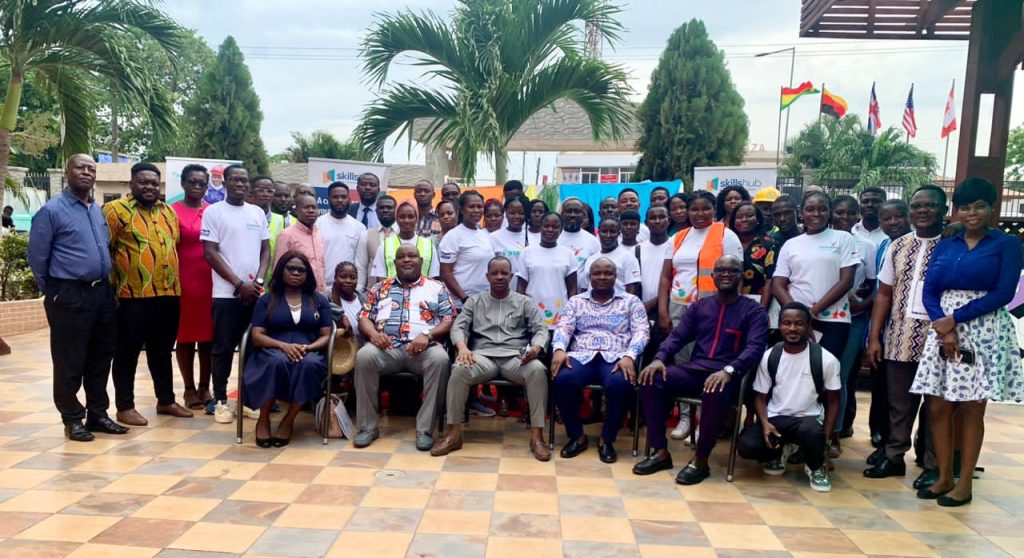By Albert Allotey
Accra, April 26, GNA – The three-year (2019-2022) Pathways for Sustainable Employment for Women and Youth in Ghana (PASEWAY) Project, which was facilitated by Plan International Ghana has ended, with a call for an extension.
In 2019, Plan International Ghana in collaboration with Plan International Germany, secured a grant worth 3.4 million euros to implement the PASEWAY Project, which was focused on the construction sector in the Greater Accra Region and the Tamale Metropolitan Areas as well as the hospitality sector in the Ashanti Region.
It was targeted at young women and men between the ages 15 and 35 years, and was implemented by three local non-governmental organisations, namely, Youth Opportunity and Transformation in Africa (YOTA), formerly Youth Empowerment Synergy (YES-Ghana)
The rest were Vocational Training for Females (VTF Programme) and Regional Advisory Information and Network System (RAINS) with funding from the German Federal Ministry for Economic Cooperation and Development (BMZ).
The objective of the project was to provide young people with the necessary skills to find employment or set up and run their own businesses while the goal was to contribute to the broader priority of government to increase opportunities for the youth employment in decent work in Ghana.
Mr Solomon Tesfamariam, the Country Director, Plan International Ghana in an address at a stakeholders’ PASEWAY project close-out meeting in Accra on Wednesday said youth unemployment had been a major socio-economic problem in most African countries, of which Ghana was no exception.
He stated that the project was initiated to contribute to increasing formal youth employment in decent work in the hospitality and the construction sectors and that over 1,800 young women and over 2,400 young men received both soft and technical skills training in the hospitality and construction in the Greater Accra, Ashanti, and the Northern Regions.
“Over 50 per cent of the youth who have completed internship have secured formal employment. The project took cognizance of the fact that both the hospitality and construction sectors have suffered the effects of COVID-19 with limited formal employment opportunities,” he stated.
Mr Tesfamariam said as a result, over 200 young people had been supported with various start-up tools or package to help them establish their businesses, adding that youth-led micro businesses in the informal sector were provided with the necessary capacities by identified skills centres to formally register their businesses.
“In this regard, over 500 micro-enterprises were supported to register their businesses with the Registrar General Department and other regulatory bodies such as the Ghana Revenue Authority and SSNIT.
“Owners of these micro-enterprises have confirmed that the business formalization has established business credibility and created a brand identity for their businesses which has improved their access to contracts from both government and private entities, Tesfamariam.

The Country Director congratulated the beneficiaries of the project for taking advantage of the opportunities offered to improve their skills, acquire certification and register their small businesses to prepare themselves for the future.
“I will like to advise you not to despise your small beginnings, but look forward to the future with hope and dedication and the sky would be your limit. It is a great opportunity to meet all of you to deliberate on the successes of the project, share the lessons learnt over the period to inform future strategies of implementing projects of similar nature for improved results.
GNA